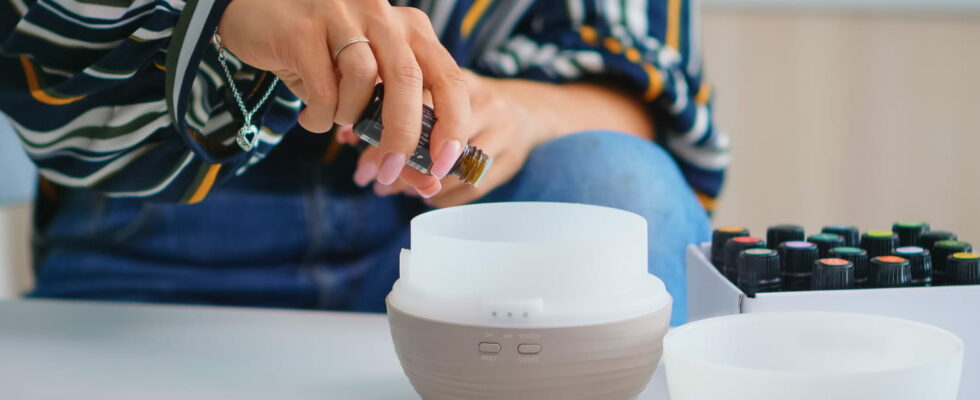It also has the advantage of creating a friendly atmosphere at home.
Nobody likes the smell of tobacco, not even smokers. Also, to stay in a pleasant environment and not polluted by the smell of cigarettes, it is necessary to ventilate when the person smokes and after. The more the air is renewed, the more the bad smells will evaporate. We can also count on another natural help to get rid of tobacco odors, namely essential oils.
But which one to choose? According to Cécile Adant, pharmacist and aromatherapy specialist for Pranarom, you should turn to citrus essential oils. Lemon essential oils can be useful against tobacco odors, for example, but also and especially lemony litsea essential oil.It has this ability to mask bad odors. It can be used in diffusion alone but it can be a little irritating so it is diluted with other essential oils to create a synergy”, explains the specialist. Another advantage of this essential oil, “It has a very friendly smell which encourages good exchanges”. We therefore do not hesitate to use it during evenings with friends that are a little too smoky. It will rid the room of tobacco smells while giving a relaxed and serene atmosphere.
Concretely, pour a few drops of lemon essential oil into a diffuser with sweet orange, mandarin and Atlas cedar essential oils. “More woody, this last essential oil will maintain the smell of the synergy” argues Cécile Adant. To be distributed “for 15 minutes maximum. Ventilate the room before and 30 minutes after diffusion but not during. Do at least once a day.” If you don’t have these essential oils at home, maybe you have eucalyptus? It’s an almost essential oil for the ENT sphere in autumn and winter. We don’t necessarily know it, but it can also reduce tobacco odors. Try it.
On the other hand, forget about lavender essential oil. Contrary to what is often thought about this flower, “It doesn’t mask bad smells well so it’s best to avoid it,” informs Cécile Adant. Last advice, on the diffuser side, choose an electric diffuser that does not heat the essential oils (nebulizing for example). It allows the cold dispersion of the oils in the atmosphere, which thus preserve their properties intact.
